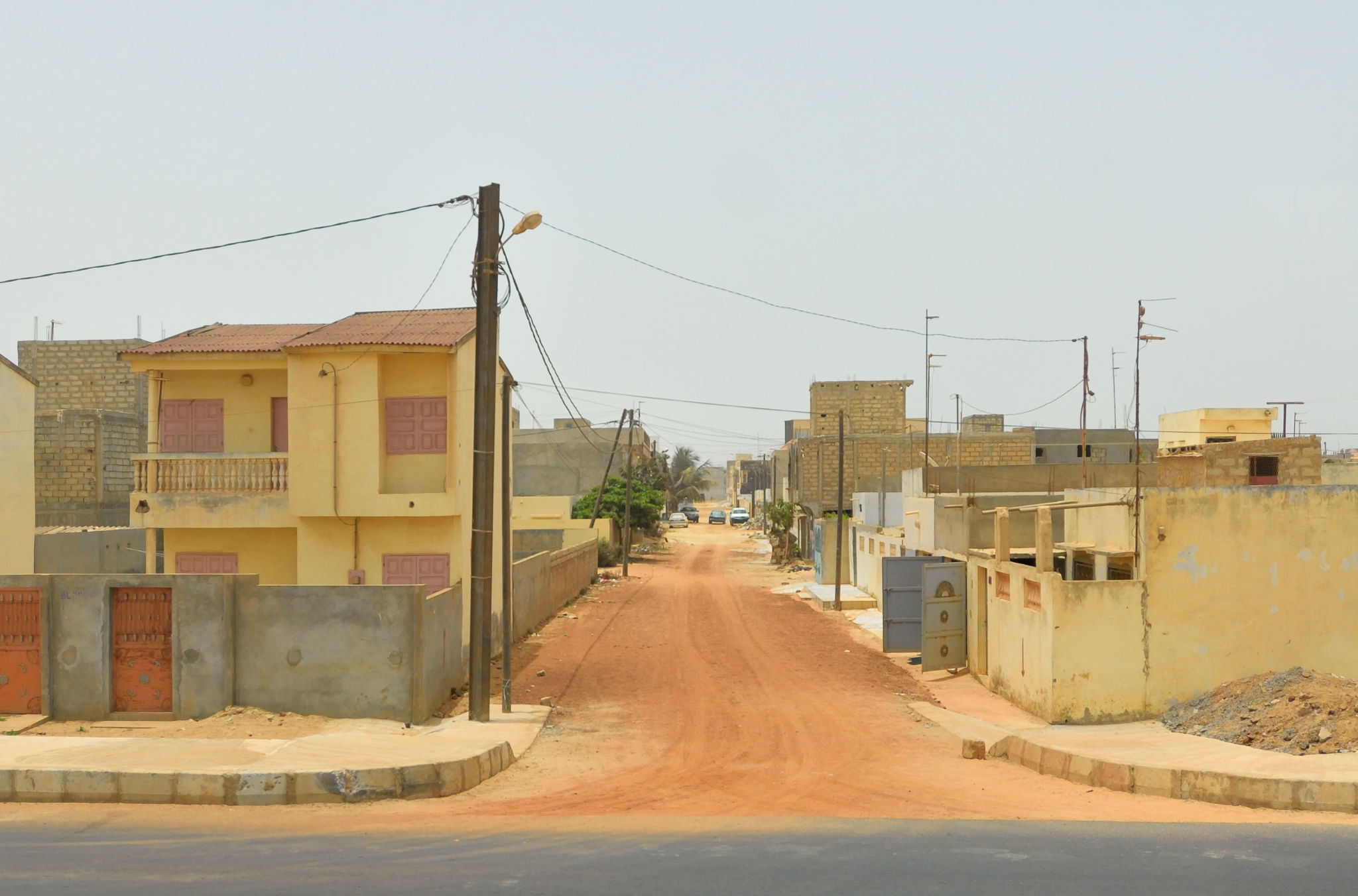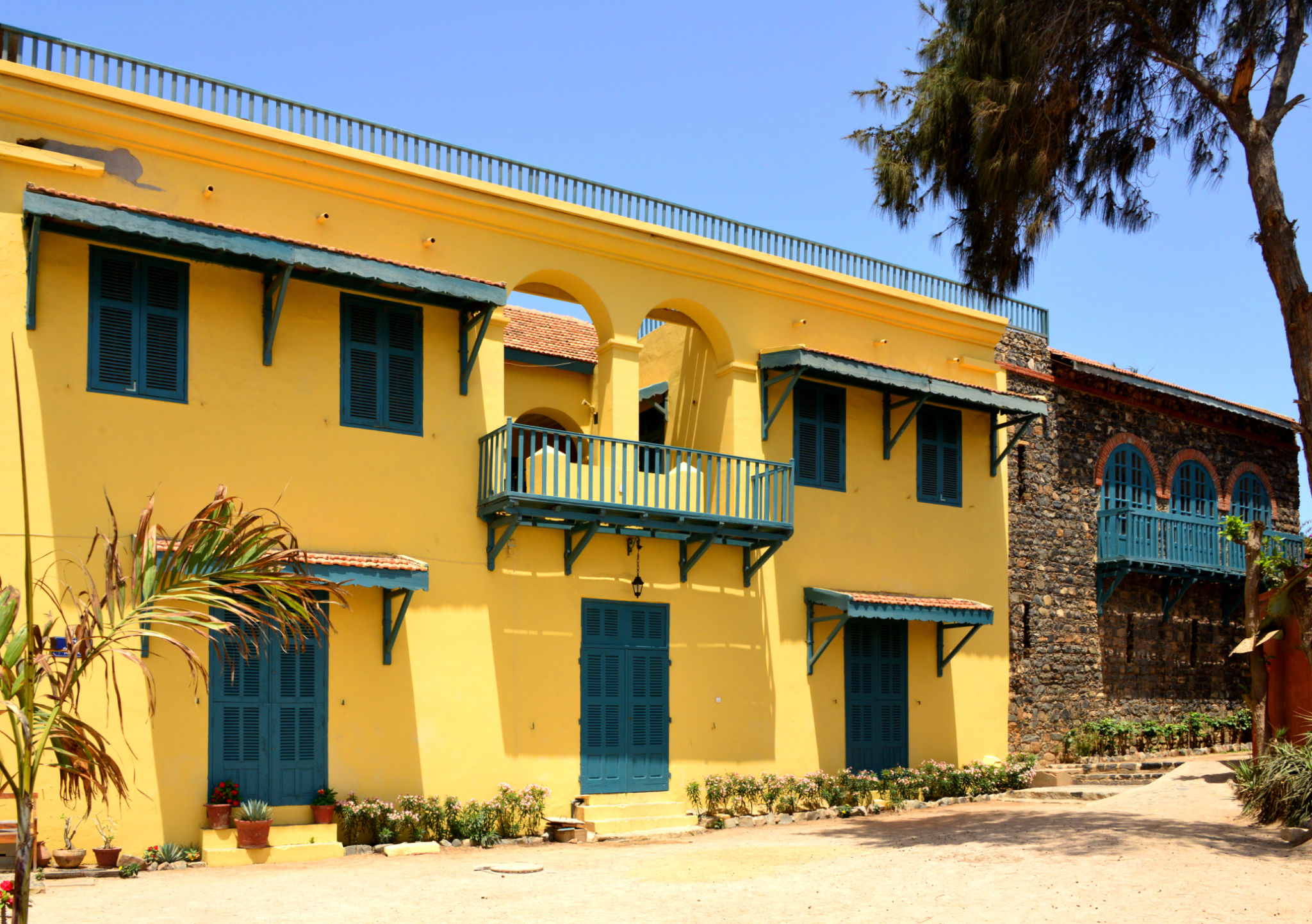Eco-Friendly Homes in Senegal: A Comprehensive Guide to Sustainable Living
Understanding Eco-Friendly Homes
Eco-friendly homes are designed to minimize environmental impact by incorporating sustainable materials and energy-efficient technologies. These homes aim to reduce the carbon footprint and promote a healthier living environment. In Senegal, the concept of eco-friendly living is gaining momentum as more individuals become aware of the benefits of sustainable practices.

Benefits of Eco-Friendly Homes
Eco-friendly homes offer numerous advantages. Firstly, they significantly reduce energy consumption through the use of solar panels, wind turbines, and other renewable energy sources. This not only lowers utility bills but also contributes to environmental conservation. Secondly, these homes often use sustainable building materials that are both durable and low-impact on the environment.
Additionally, eco-friendly homes create a healthier indoor environment. By using non-toxic materials and promoting natural ventilation, they help improve air quality and reduce exposure to harmful chemicals. This is particularly important in regions like Senegal, where maintaining a healthy living space can be challenging due to environmental factors.
Key Features of Sustainable Homes
When building or renovating an eco-friendly home in Senegal, several key features should be considered. One crucial element is the use of renewable energy systems. Solar power is particularly effective in Senegal due to its abundant sunshine. Additionally, incorporating rainwater harvesting systems can help conserve water and reduce reliance on municipal supplies.
Another vital feature is the use of natural and locally sourced materials. Materials like bamboo, recycled wood, and earth bricks are sustainable options that are also often more affordable. Insulation is also essential for maintaining comfortable temperatures, and using sustainable insulation materials can enhance energy efficiency.
Challenges in Implementing Eco-Friendly Practices
While the benefits of eco-friendly homes are clear, there are challenges in implementing these practices in Senegal. One significant challenge is the initial cost of building or converting a home to be eco-friendly. However, it's important to view this as an investment that pays off in long-term savings on energy and water bills.
Another challenge is the lack of awareness and education about sustainable living practices. Many people may not be aware of the options available to them or may have misconceptions about the feasibility of eco-friendly homes. Increasing awareness through community programs and educational initiatives can help overcome these challenges.

Government Initiatives and Support
The Senegalese government has recognized the importance of sustainable development and has introduced policies to support eco-friendly practices. These include incentives for using renewable energy and initiatives to promote green building standards. By taking advantage of these programs, homeowners can make their transition to eco-friendly living more affordable and accessible.
Community Involvement in Sustainability
Community involvement plays a significant role in promoting eco-friendly homes in Senegal. Local communities can come together to share resources, knowledge, and support for sustainable living projects. Community gardens, cooperative solar installations, and shared rainwater harvesting systems are examples of how collective efforts can enhance sustainability.
By encouraging community participation and collaboration, the adoption of eco-friendly practices can become more widespread, creating a ripple effect that benefits the environment and society as a whole.
Conclusion
Eco-friendly homes in Senegal represent a promising path toward sustainable living. By focusing on renewable energy, sustainable materials, and community involvement, residents can significantly reduce their environmental impact while enjoying the benefits of a healthier and more efficient home. As awareness grows and government support strengthens, the future of eco-friendly living in Senegal looks bright.